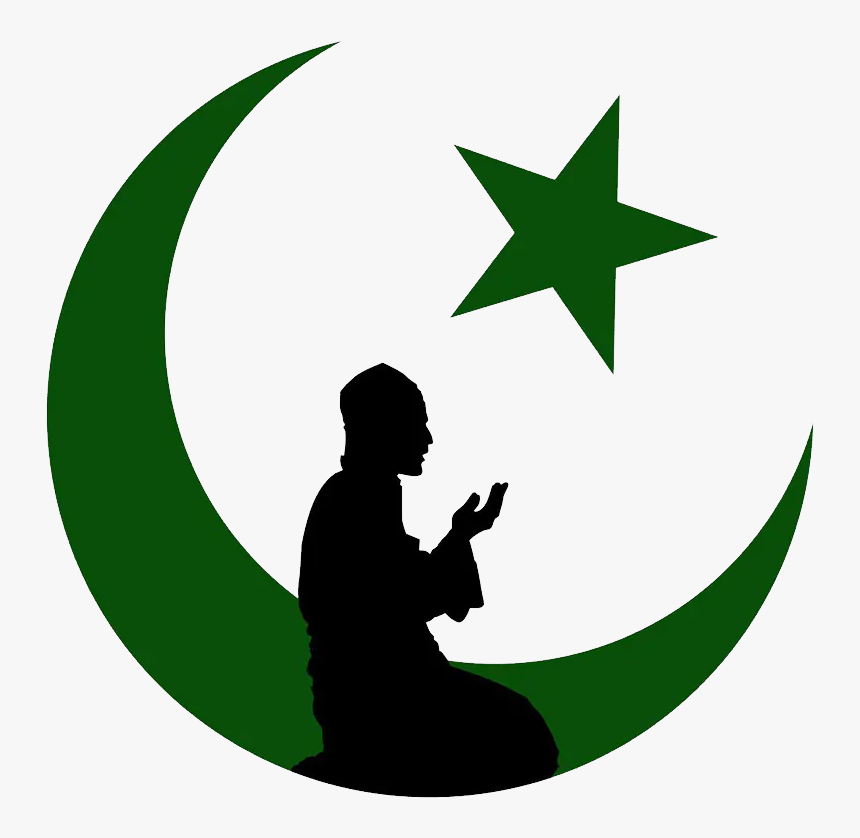Today Wednesday, July 18, 2023, is the beginning of a new year in the Muslim world. This followed the announcement on Monday by the Sultanate Council which declared today as the first of Muharram. The Council had announced that no reports of the sighting of the crescent of the lunar month of Muharram were received on Monday, July 17, 2023, which was equivalent to the 29th day of Dhul Hijjah, the last month in the Muslim calendar. This meant Dhul Hijjah had a complete circle of 30 days. The Sultan of Sokoto and President-General of the Nigerian Supreme Council for Islamic Affairs (NSCIA), Alhaji Muhammad Sa’ad Abubakar, urged Muslims to re-dedicate themselves to the true teachings of Islam.
This is the 1445th year after the historic migration of the Prophet Muhammad, peace be upon him (PBUH), from Makkah to Madina. This remarkable event of the Prophet’s guided relocation, which took place in the year 622 Christian Era (CE) is referred to as Hijrah. The Islamic calendar, which is purely based on lunar cycles, was introduced in 638CE by Umar bn Al-Khattab, a close companion of the Prophet (PBUH) and the second Caliph of Islam.
The Hijrah calendar consists of 12 lunar months. Allah says in Qur’an 9:36, “Indeed, the number of months with Allah is 12 (lunar) months in the register of Allah (from) the day He created the heavens and the earth; of them, four are sacred.” For ease of identification, the acronym ‘AH’ which stands for ‘After Hijrah’ is added to the year at the end. The 12 months in the Hijri year are Muharram, Safar, Rabi ul-Awwal, Rabi ul-Akhir, Jumada al-Ula, Jumada al-Akhirah, Rajab, Sha’ban, Ramadan, Shawwal, Dhul Qa’dah and Dhul Hijjah.
Since the Islamic calendar is purely lunar, as opposed to solar, the Muslim year is shorter than the Gregorian year by about 11 days annually. The months in the Islamic year are not associated with seasons. Muslim festivals, which always fall in the same Hijrah month, may occur in different seasons of the year. Hajj and Ramadan, for instance, could occur in summer as well as in winter. Usually, it requires over a 33-year cycle for lunar months to take a complete turn and fall during the same season. Allah states in the Quran 2:189, “They ask you (O’ Muhammad) about the new moons. Say, “They are measurements of time for the people and for Hajj…”
- PDP gives Ogun CP 72 hrs to release vote buying report
- Kogi: I stand on issue-based campaigns, not violence, says APC candidate
While we call on all to mark the new Hijri year with prayers for the country and its leaders at all levels, Muslim scholars and leaders are urged to use this occasion to preach to their followers to shun bigotry and ignore things that seek to divide us. Muslims are encouraged to take advantage of the new Hijri year to build bridges of understanding between them and followers of other religions. We implore them to strengthen everything that promotes social cohesion; disregarding religious fanaticism and extremism. The deep-rooted mutual mistrust among followers of the two major religions in the country is inhibiting national development, unity, peace and progress.
If Iran and Saudi Arabia are now disregarding their differences for the sake of world peace, it is time for Nigerians to coexist in mutual peace for the sake of the same God they worship who, in His wisdom, did not only make it lawful for Muslims to marry Christian women but also makes lawful the food of the People of the Book (including Christians) for Muslims. This is clearly stated in Qur’an 5:5. To edify kindness beyond religious borders, the Prophet Muhammad (PBUH) exhorts Muslims in one of his sayings to “honour a guest even if he were an unbeliever.”
Nigerians have much to learn from the commonwealth of Islam established by the Prophet (PBUH) in Yathrib, the old name for Madina. It’s a genuine basis for Muslims in Nigeria to eschew violence and intolerance, which are alien to orthodox Islam. Muslims and the non-Muslim communities in Yathrib signed a pact that guaranteed peaceful co-existence and protection to all citizens without bias to tribe or religion. This commonwealth which is considered to be the greatest political achievement of the Prophet (PBUH) included Jews and Christians who formed a common nationality with the Muslims. By the charter of the commonwealth, Jews and Christians pledged not to give any help to the enemies of Muslims against the latter.
The fact that Christians and Muslims peacefully lived in Madina, respected and recognized the commonwealth that mutually bound them together; Nigerians should today find justification after 1445 years to understand, appreciate and respect their individual and collective rights, views and feelings. Nigeria needs peace, not violence, to develop.
Nigerians must first be alive, not dead, and saved from religious killings to build the country of their dream. Only this way would Nigerians, as Muslims or Christians, secure their future.
Happy New Hijri Year from Daily Trust!

 Join Daily Trust WhatsApp Community For Quick Access To News and Happenings Around You.
Join Daily Trust WhatsApp Community For Quick Access To News and Happenings Around You.